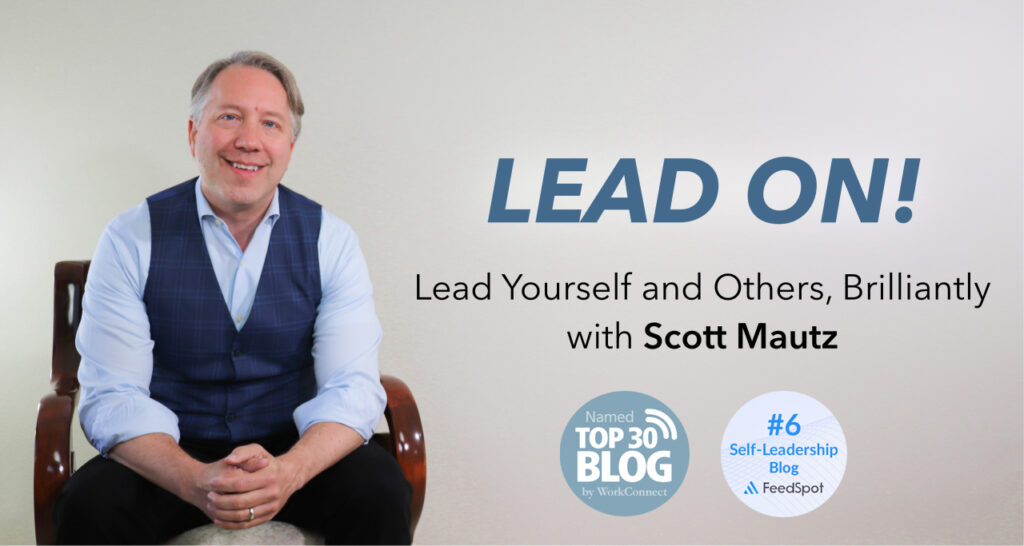
INSIGHTS (on leadership/self-leadership)
Rock star drummer Alex Van Halen (a childhood idol of mine) recently released his memoir, “Brothers,” about his relationship with his late brother, guitar virtuoso Eddie Van Halen (also a childhood idol of mine). In it, Alex shares a chilling line about his brother’s demise, related to a success trap he fell into:
“You can spend your whole life trying to make what happened before, happen again. I honestly believe that’s what cost my brother his life.”
Van Halen is referring to his brother’s chase to get back to success, to the “top” of the rock pile once again, as he had experienced decades before. It underscores a critical point.
It’s okay for your definition of success to change over time.
In fact, it’s healthy if it does. What worked before, what great looked like before, may no longer apply. And that’s OK. Life is not about feeling bound to repeat glories of the past, but feeling free to adapt to the here and now – to what truly makes you happy in your current environment – regardless of what anyone else might “expect” from you.
IMPERFECTIONS (a mistake I make)
Sometimes I forget that the enemy can be the “internal me.” Meaning, I’m engaged in beating myself up for something for too long before I catch it and correct it – most often, when I’m comparing to an irrelevant other person. If you do this too, here’s a tactic that really works, as shared in my recent book, The Mentally Strong Leader.
Whenever you catch yourself comparing yourself to others and experiencing a deflated feeling, picture the image of a giant dragon appearing before you, what I call, The Comparison Dragon.

Give it a name to help make it more personal – I call mine “Vulgar.” Know that the more you compare to others, and thus feed the dragon, the bigger the dragon gets, the smaller you feel, and the more dejected you become. So, next time you’re comparing, conjure the image of the growing dragon. Then picture driving it away, which you do by stopping the comparison in that moment, and saying the following to yourself, out loud:
The bigger the dragon gets, the smaller I feel, the more dejected I become.
Say it again – as many times as you have to – until the dragon turns tail and runs.
IMPLEMENTATION (one research-backed strategy, tip, or tool)
Don’t underestimate the impact of overcommitting. Doing so wears down your energy and spirit, and drains precious resources you could use elsewhere. You think you’re problem solving by just saying “yes,” but you’re really just creating problems further down the road. I could go on and on with data that supports the gravity of the issue. Instead, I’ll focus on a simple rule that movie star Matt Damon uses to avoid overcommitting himself/overpacking his calendar. It was shared on this episode of the Smartless podcast, and now I’m sharing it with you.
Before you commit to doing something, ask yourself:
“Would I want to do this tomorrow?”
It’s wildly effective because often when we commit to something, we do so because it’s the path of least resistance in the moment. The thing we commit to is down the road and we can worry about the inconvenience/lack of desire at that point. But Damon’s question doesn’t let you get away with that. It brings urgency to the matter, and serves as a good acid test for whether or not committing to that thing would actually bring you joy, or regret.




Leave a Reply